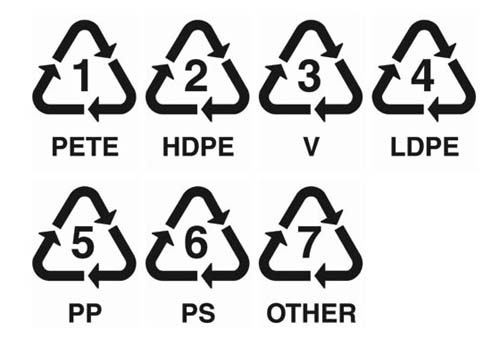jamesbsmith
Well-Known Member
- Joined
- Jul 1, 2013
- Messages
- 100
- Reaction score
- 15
I couldnt agree more with the love of apple wine! I love it!
I like using grape juice with apple juice. I think the two create a synergy which is better than either a grape juice wine or an apple juice wine alone.
Here is a 22.5L (Carboy) Versatile Recipe which I always stick to when making wine, which I thought fit into this I Love Apple Wine Thread!:
Note - Grape Juice - Use red, white or both!
5L Grape, 10L Apple & 3Kg Sugar OR
7.5L Grape, 7.5L Apple & 2.8Kg Sugar OR
10L Grape, 5L Apple & 2.5Kg Sugar
For tropical Notes:
Add 1L of Pineapple Juice OR replace 3L of the apple / grape juice with 3L Rubicon Passion Fruit / Lychee Juice.
For Further Complexity - Add late:
10 Bananas / 1Kg Gooseberries / Currants / Raspberries / Forest Fruits / Cherries / Blueberries / 8 X 410g Tins Fruit: Strawberries / Peaches / Apricots / Pears.
Honey - Replace 1Kg sugar with 1.25Kg clear honey for honey flavour
I like using grape juice with apple juice. I think the two create a synergy which is better than either a grape juice wine or an apple juice wine alone.
Here is a 22.5L (Carboy) Versatile Recipe which I always stick to when making wine, which I thought fit into this I Love Apple Wine Thread!:
Note - Grape Juice - Use red, white or both!
5L Grape, 10L Apple & 3Kg Sugar OR
7.5L Grape, 7.5L Apple & 2.8Kg Sugar OR
10L Grape, 5L Apple & 2.5Kg Sugar
For tropical Notes:
Add 1L of Pineapple Juice OR replace 3L of the apple / grape juice with 3L Rubicon Passion Fruit / Lychee Juice.
For Further Complexity - Add late:
10 Bananas / 1Kg Gooseberries / Currants / Raspberries / Forest Fruits / Cherries / Blueberries / 8 X 410g Tins Fruit: Strawberries / Peaches / Apricots / Pears.
Honey - Replace 1Kg sugar with 1.25Kg clear honey for honey flavour






![Craft A Brew - Safale BE-256 Yeast - Fermentis - Belgian Ale Dry Yeast - For Belgian & Strong Ales - Ingredients for Home Brewing - Beer Making Supplies - [3 Pack]](https://m.media-amazon.com/images/I/51bcKEwQmWL._SL500_.jpg)
























































